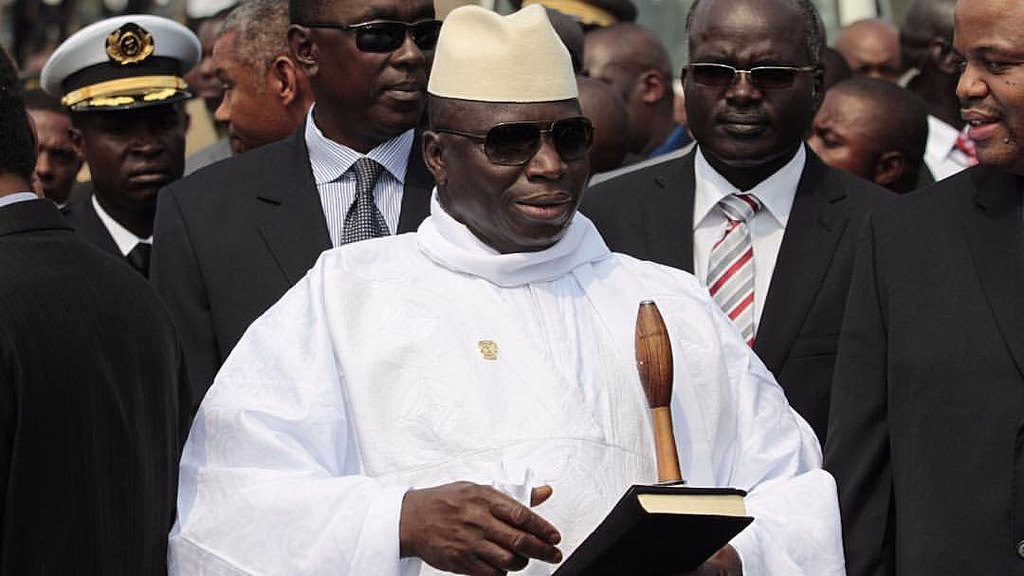U.S. Citizens Head Not Only to the Middle East to Fight Others' Battles
/BANJUL, Gambia - On December 30th, armed groups in Gambia carried out a coup attempt against the president, Yahya Jammeh. The harsh and restrictive leader has been in power since 1994 (due to a coup, ironically), and is globally infamous for his widespread limitations on free speech, homosexuality, "witchcraft" and other aspects.
In most coups, outside observers assume the outraged masses are solely compiled from the country that is being ruled by the usually oppressive leader that is being ousted. For example, in this instance, one would picture Gambians revolting against their Gambian leader -- right? Not so fast because in recent years, this has evolved into an assumption that is no longer safe to make. For proof, just look to the Middle East where foreign fighters from all over the world, most shockingly Western democratic countries, travel to Syria, Iraq and other turbulent regions to fight for causes they believe in strongly enough to die for.
The foreign fighter trend in the Middle East is becoming a norm among the national security community, but this did not prevent the United States from being surprised when they found that two US-Gambian nationals had traveled to Gambia to participate in the "violent overthrow of a foreign government". Eric Holder issues this statement adding that this is in strong violation of US law and that the US "condemns such conspiracies." The law that they are accused of violating is the Neutrality Act, which prohibits US citizens or residents from taking up arms or plotting against a nation at peace with the US.
Incidentally, the coup failed and the Gambian armed forces were able to stop the revolt fairly quickly. Jammeh has been quick to accuse those responsible for the coup as "terrorists" and also point fingers at multiple countries. Similar to his decades of rule, he has been ruling the country with an iron fist since the coup and has been arresting all those who may have had links to the coup. On January 11th, he did come out with a statement that he no longer believed Britain to have any involvement, however he indicates he will continue to crack down on his own country.
While the result of the coup didn't result in a lasting regime change in this case, it is important to note the continuing trend of foreigners traveling to other countries to fight. If it persists, will it create a new era of state sovereignty pitted against non-citizens from across the world?
Follow Jessamy on Twitter Twitter: @nahmias_report Africa Correspondent: @JessamyNichols
Related articles
US charges over Gambia 'coup plot' (bbc.co.uk)
US charges two over failed Gambia coup (nation.co.ke)
Gambia Government Denies Coup Plot Against Yahya Jammeh (blackpressusa.com)















